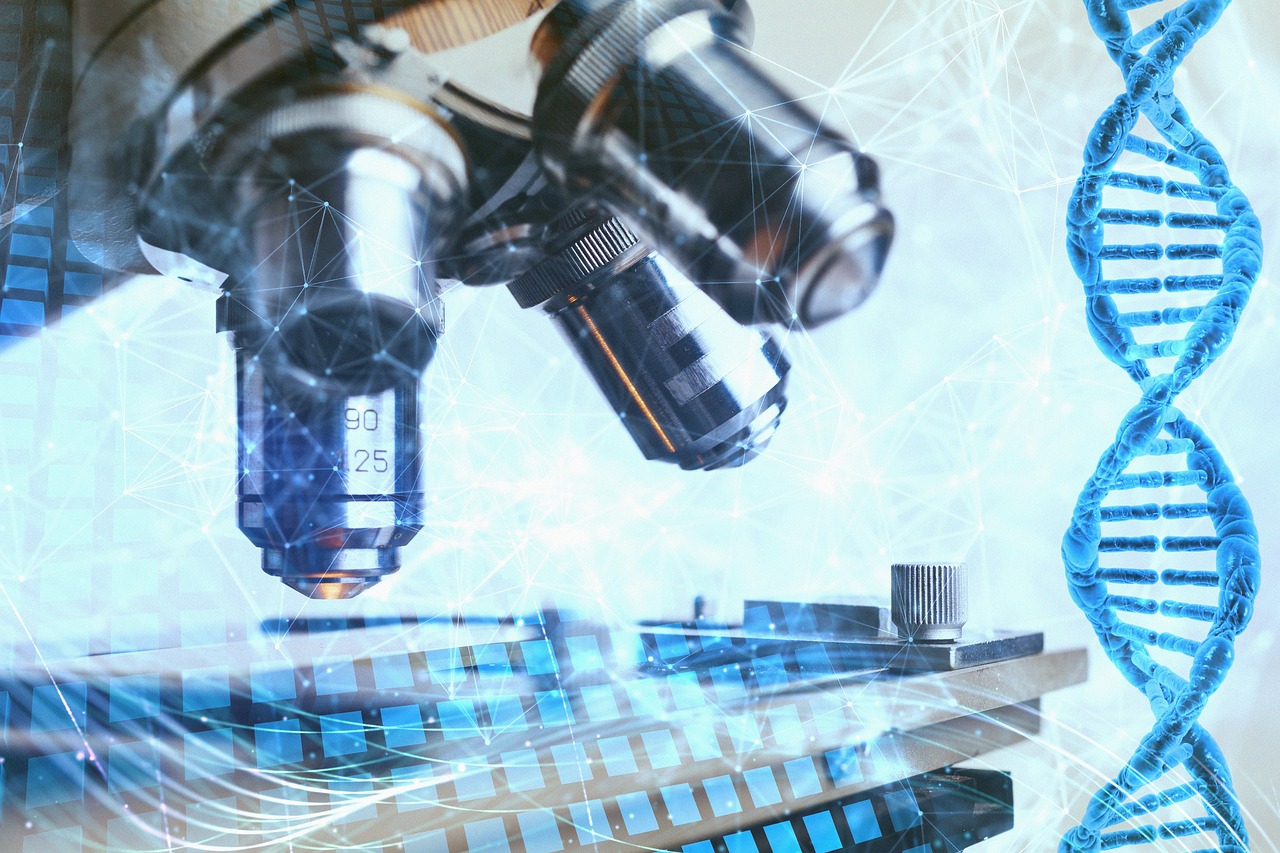In recent years, gene editing technologies, in particular CRISPR/Cas9, have become widely used in various fields: from medicine to agriculture. However, with the development of these technologies, new legal challenges arise that require detailed analysis and regulation. The legal regime for the use of gene editing technologies is becoming more and more relevant, and it is important to understand what legal aspects should be taken into account when using them.
Legal aspects of using CRISPR/Cas9
Gene editing using CRISPR/Cas9 involves making changes to the DNA of organisms, which can have a significant impact on human health, ecosystems, and ethics. Consultation with a lawyer is necessary to understand the legal framework and possible risks. A legal analysis of the situation will allow to determine whether actions using CRISPR/Cas9 technology comply with the current legislation of Ukraine and international norms.
Regulation of gene editing technologies in the legislation of Ukraine
The national legislation of Ukraine does not yet contain clear provisions on the use of CRISPR/Cas9, but general legal principles such as respect for human rights, ethical norms and safety must be taken into account. Consulting with an attorney will help you determine how to apply these principles to your specific use of gene editing technologies.
International legal norms
Internationally, there are different approaches to CRISPR/Cas9 regulation. Some countries have strict restrictions, while others allow the use of this technology under certain conditions. Written advice from a lawyer can help understand international legal requirements and adapt them to the national context.
The need for legal analysis and document verification
The use of CRISPR/Cas9 requires careful document review by a lawyer. A legal opinion on the legality of the use of this technology will help to avoid possible legal problems in the future. Analysis of documents related to the use of CRISPR/Cas9 will reveal potential risks and suggest ways to minimize them.
Ethical aspects and legal opinion of the lawyer
Ethical issues play an important role in the use of gene editing technologies. Consultation with an ethics lawyer will help you understand how to adhere to ethical standards in the process of using CRISPR/Cas9. The lawyer's legal opinion will provide a comprehensive analysis of the situation, taking into account ethical and legal aspects.
Online lawyer assistance
In today's world, many legal services are provided online. The help of a lawyer online allows you to quickly get advice on the use of CRISPR/Cas9, check documents and get a legal opinion without the need for a personal meeting. An online lawyer can provide all necessary services, including document analysis and written advice.
Conclusion
Gene editing technologies such as CRISPR/Cas9 have enormous potential, but their use must comply with legal and ethical regulations. Consulting an attorney and a legal practitioner are key to ensuring the legality and safety of these technologies. A legal opinion and legal analysis of the situation will help avoid legal problems and ensure compliance with current legislation. Online legal consultations make this process more convenient and accessible, allowing you to get the help you need at any time.
The legal regime for the use of CRISPR/Cas9 gene editing technologies is a complex and multifaceted topic that requires a professional approach and careful analysis. It is necessary to contact qualified lawyers and advocates for detailed consultation and legal opinion.

































